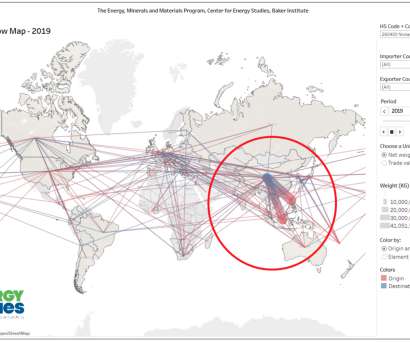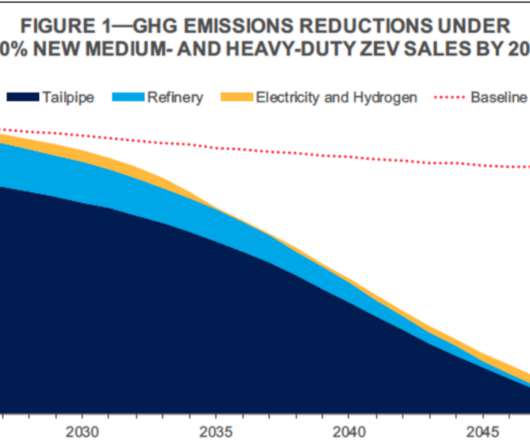Baker Institute report: China has positioned itself as a gatekeeper to the energy transition; nickel case study
Green Car Congress
APRIL 21, 2022
Widely ignored, although gaining attention, is China’s strategic positioning as a crucial gatekeeper to several key “green” technologies, including battery energy storage to support electric vehicles (EVs)—specifically, battery electric vehicles (BEVs)—along with stationary storage for power grids. Nickel is no exception.






















Let's personalize your content